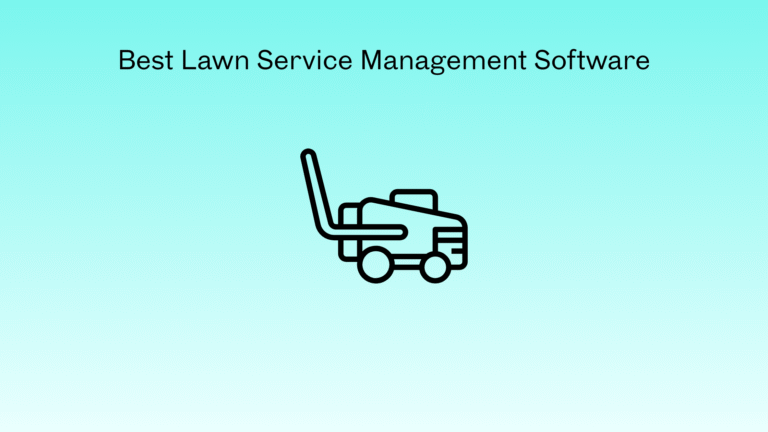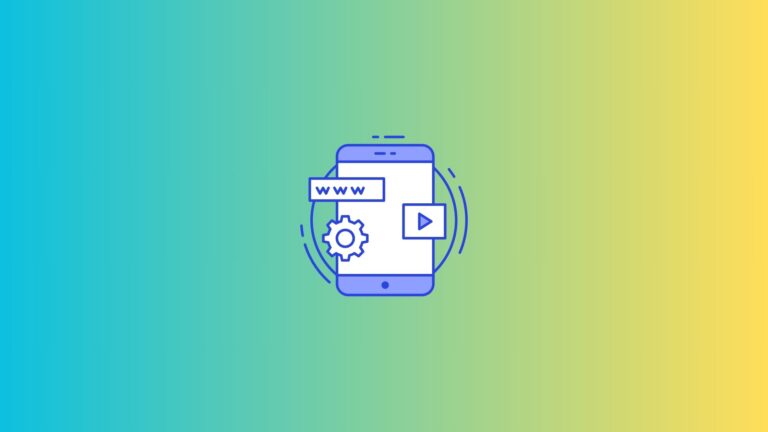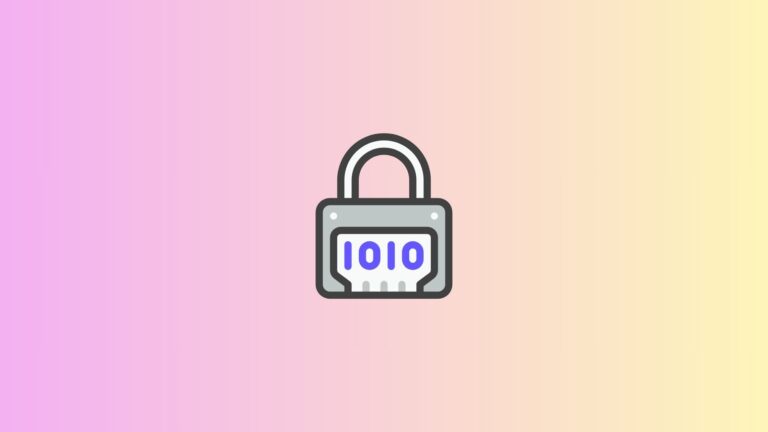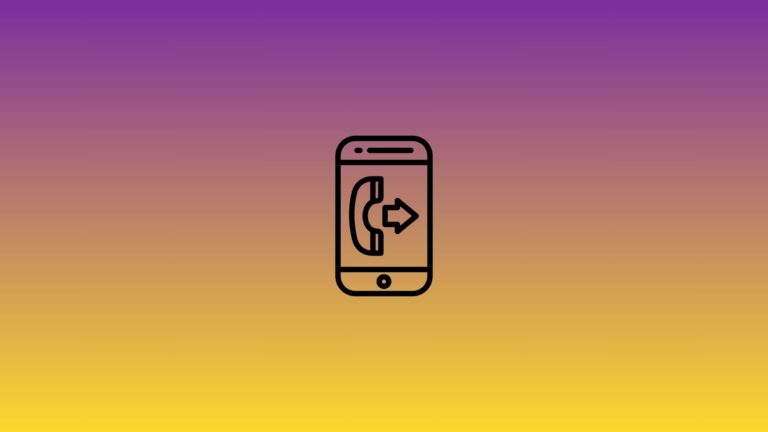Online Appointment and Scheduling Software: Top Picks for Small Businesses & Service Providers
Your receptionist just called in sick, and your appointment book looks like a toddler’s coloring project. Meanwhile, three clients are standing at your door, wondering where their “confirmed” appointments went. Sound familiar? Every missed appointment costs service businesses an average of $200 in lost revenue and damaged relationships.
This comprehensive guide reveals the best online appointment and scheduling software that prevents booking disasters while growing your business automatically.
The Hidden Scheduling Crisis Crushing Small Businesses
Service businesses lose $150 billion annually to scheduling inefficiencies. That’s not a typo – it’s the brutal reality of manual booking systems.
No-shows plague every industry, but the real killer is double bookings. Picture this: Two clients arrive for the same time slot, both holding confirmation emails. One leaves angry, posts a scathing review, and never returns. The other gets squeezed into an inconvenient slot and complains about unprofessionalism.
Phone scheduling creates even more problems. Customers call during business hours when you’re serving other clients. Messages get lost, details get scrambled, and time zones become mathematical nightmares. Studies show 40% of appointment-based businesses still rely on phone calls and paper calendars in 2026.
Customer expectations have evolved dramatically. Modern consumers expect instant booking confirmation, automatic reminders, and seamless rescheduling options. Businesses stuck in analog scheduling modes lose clients to more convenient competitors.
The psychology behind booking preferences reveals interesting patterns. Customers book 60% more frequently when they can see real-time availability. Furthermore, they prefer scheduling outside traditional business hours, making 24/7 online booking essential for growth.
Also read: instagram viewer picuki
Essential Features That Transform Booking Chaos into Revenue Growth
Booking Experience Fundamentals
Mobile-first interfaces aren’t optional anymore – they’re survival requirements. Research indicates 75% of appointment bookings happen on smartphones, yet many scheduling systems still prioritize desktop experiences.
Real-time availability display eliminates the back-and-forth dance of finding open slots. Customers see exactly what’s available and book instantly instead of playing phone tag for three days.
Instant confirmation systems build trust immediately. Automated confirmations with calendar attachments and clear instructions reduce confusion while demonstrating professionalism.
Buffer time management prevents the dreaded appointment collision. Smart scheduling software automatically blocks transition periods between bookings, ensuring you’re not rushing between clients or running perpetually late.
Business Intelligence That Actually Matters
No-show prediction algorithms analyze booking patterns to identify risky appointments. Some systems flag potential no-shows based on booking behavior, payment history, and timing patterns.
Revenue optimization features suggest optimal scheduling strategies. Advanced systems recommend pricing adjustments based on demand, identify peak booking windows, and highlight underutilized time slots.
Customer behavior analytics reveal goldmine insights. Track which services generate repeat bookings, identify your most valuable clients, and discover seasonal booking trends that inform business strategy.
Peak time identification helps optimize staff scheduling. Instead of guessing busy periods, data-driven insights show exactly when to schedule additional staff or adjust service offerings.
Integration Powerhouses
Payment processing automation eliminates the awkward money conversation. Customers pay during booking, reducing no-shows while improving cash flow predictability.
Calendar synchronization prevents the dreaded double-booking scenario. Two-way sync ensures your personal calendar, business bookings, and team schedules stay perfectly aligned.
CRM connectivity transforms one-time bookers into loyal customers. Scheduling data flows directly into customer relationship management systems, enabling targeted follow-up campaigns and personalized service recommendations.
Marketing automation triggers nurture relationships automatically. Send welcome sequences to new clients, birthday promotions to regulars, and win-back campaigns to inactive customers.
The Elite 8: Champions of Online Appointment and Scheduling Software
1. Calendly Business: The Conversion Machine
Calendly revolutionized appointment scheduling by making it stupidly simple. Their strength lies in removing every possible friction point from the booking process.
Perfect for: Sales teams, consultants, and professional services requiring complex scheduling logic.
Unique advantage: Advanced routing distributes appointments based on expertise, availability, and workload. Round-robin scheduling ensures fair distribution among team members.
Revenue impact: Businesses report 40% higher booking conversion rates compared to manual scheduling methods. The seamless experience eliminates drop-off during the booking process.
Integration spotlight: Native connections with Salesforce, HubSpot, and Zoom create powerful workflow automation. Prospects can book sales calls directly from marketing emails with full CRM integration.
However, customization options remain limited compared to specialized alternatives. The interface prioritizes simplicity over advanced features, which may frustrate businesses needing complex booking rules.
2. Acuity Scheduling: The Customization King
Acuity Scheduling excels at handling complex service businesses with intricate booking requirements. Their flexibility accommodates nearly any scheduling scenario imaginable.
Perfect for: Health practitioners, beauty services, and businesses requiring detailed intake processes.
Unique advantage: Comprehensive intake forms collect essential client information during booking. Package booking allows clients to purchase multiple sessions upfront with flexible scheduling.
Revenue impact: Administrative time drops by 60% through automated intake processes and intelligent scheduling rules. Practitioners spend more time serving clients instead of managing logistics.
Integration spotlight: Squarespace integration creates seamless website experiences. Payment processing handles deposits, full payments, and package purchases automatically.
The learning curve can overwhelm simple businesses. Extensive features require significant setup time, making it overkill for basic scheduling needs.
3. Setmore: The Small Business Champion
Setmore proves that powerful scheduling software doesn’t require premium pricing. Their generous free plan provides legitimate business value without constant upgrade pressure.
Perfect for: Multi-location service businesses and growing teams needing scalable solutions.
Unique advantage: The free forever plan includes online booking, calendar management, and basic integrations. Unlike other “freemium” models, core functionality remains accessible indefinitely.
Revenue impact: Phone tag elimination saves an average of 2 hours daily in administrative tasks. Staff can focus on service delivery instead of appointment coordination.
Integration spotlight: Facebook booking integration captures social media traffic directly. Website widgets blend seamlessly with existing designs for consistent branding.
Limited customization options may frustrate businesses with specific branding requirements. Advanced features require paid upgrades, though the free tier covers most small business needs.
4. SimplyBook.me: The Feature Powerhouse
SimplyBook.me crams enterprise-level functionality into small business pricing. Their comprehensive feature set rivals systems costing 10x more.
Perfect for: Complex service businesses with multiple staff, locations, and service variations.
Unique advantage: Advanced booking rules handle intricate scheduling logic. Custom fields, dependencies, and restrictions accommodate virtually any business model.
Revenue impact: Staff utilization improves by 35% through intelligent scheduling optimization. Resource allocation becomes data-driven rather than guesswork.
Integration spotlight: Over 200 third-party integrations connect with existing business tools. API access enables custom integrations for unique requirements.
The interface complexity can overwhelm new users. Extensive features require significant time investment to configure properly.
5. BookSteam: The Industry Specialist
BookSteam focuses exclusively on fitness, wellness, and beauty industries. Their specialized approach delivers features that general scheduling software often misses.
Perfect for: Fitness studios, spas, salons, and wellness centers requiring class scheduling capabilities.
Unique advantage: Class scheduling with capacity management handles group bookings seamlessly. Membership integration tracks usage, payments, and renewal dates automatically.
Revenue impact: Class attendance increases by 25% through automated reminders and waitlist management. No-show rates drop significantly with industry-specific communication strategies.
Integration spotlight: Fitness tracking apps and wearable device connections create comprehensive wellness ecosystems. Payment systems handle memberships, packages, and individual sessions.
Limited appeal outside target industries makes it unsuitable for general service businesses. Pricing reflects specialized features, potentially exceeding budgets for simple operations.
6. Appointy: The Global Solution
Appointy addresses international business challenges that other platforms ignore. Their global focus enables businesses to serve customers across time zones and cultures.
Perfect for: International businesses, franchises, and companies serving diverse markets.
Unique advantage: Multi-language interfaces and multi-currency support eliminate barriers for global customers. Time zone automation prevents scheduling confusion.
Revenue impact: International booking accessibility expands market reach significantly. Businesses report 50% increases in bookings from previously underserved markets.
Integration spotlight: Multi-location management tools coordinate scheduling across franchises or branch offices. Centralized reporting provides insights across all locations.
Feature complexity may overwhelm domestic-only businesses. International capabilities add cost and complexity for businesses without global ambitions.
7. vcita: The All-in-One Business Platform
vcita combines scheduling with CRM, invoicing, and marketing automation. Their integrated approach eliminates the need for multiple business tools.
Perfect for: Professional services including lawyers, consultants, coaches, and freelancers.
Unique advantage: Complete business management platform reduces tool switching. Client communication, scheduling, and billing happen within one system.
Revenue impact: Client retention increases by 45% through integrated relationship management. Automated follow-up sequences nurture relationships without manual effort.
Integration spotlight: Business communication tools include video calling, file sharing, and project management. Marketing automation creates sophisticated customer journeys.
Platform complexity can overwhelm businesses preferring specialized tools. All-in-one approaches sometimes sacrifice depth for breadth.
8. Square Appointments: The Payment Integration Master
Square Appointments leverages existing payment processing relationships to create seamless booking experiences. Their integrated approach eliminates payment friction completely.
Perfect for: Retail-service hybrids, beauty salons, and businesses already using Square payment systems.
Unique advantage: Seamless POS integration connects appointment booking with inventory management and sales tracking. Payment processing happens automatically during booking.
Revenue impact: Payment friction reduction increases completed bookings by 30%. Integrated loyalty programs encourage repeat appointments and referrals.
Integration spotlight: Inventory management tracks product usage during appointments. Loyalty programs reward frequent customers with automated incentives.
Limited functionality outside the Square ecosystem may require additional tools. Businesses not using Square payments miss integration benefits.
Also read: best asset tracking software
The Selection Framework: Matching Software to Business Reality
Business Size Considerations
Solo practitioners benefit most from simple, cost-effective solutions. Calendly or Setmore provide essential functionality without overwhelming complexity. Feature simplicity often trumps comprehensive capabilities for single-person operations.
Small teams (2-10 staff) require collaboration features and resource management. Acuity Scheduling or SimplyBook.me handles multiple staff scheduling with coordination tools. Team calendars, resource allocation, and permission management become essential.
Growing businesses (10+ staff) need scalability and advanced analytics. Vcita or Appointy provides enterprise features with growth-friendly pricing. Advanced reporting, multi-location support, and integration capabilities support expansion.
Industry-Specific Requirements
Healthcare businesses must prioritize HIPAA compliance and insurance integration. Acuity Scheduling offers healthcare-specific features including intake forms and compliance tools. Patient privacy and regulatory requirements limit software options significantly.
Beauty and wellness services benefit from package deals and membership management. BookSteam specializes in industry-specific needs including class scheduling and loyalty programs. Service-specific features often justify premium pricing.
Professional services require consultation scheduling and document sharing capabilities. vcita combines scheduling with client communication tools and project management. Relationship building features matter more than basic booking functionality.
Fitness businesses need class capacity management and equipment booking systems. BookSteam provides specialized features including waitlist management and membership tracking. Group scheduling complexity requires industry-specific solutions.
Implementation Strategies That Drive Adoption
The 30-day transition plan ensures smooth migration from manual scheduling. Week one focuses on software setup and basic configuration. Week two introduces staff training and internal testing. Week three launches limited customer access with feedback collection. Week four completes full deployment with optimization adjustments.
Customer education drives online booking adoption rates. Email campaigns explaining new booking processes reduce confusion and resistance. Video tutorials demonstrate booking steps while highlighting convenience benefits. Incentives like booking discounts encourage early adoption.
Staff training prevents implementation failures. Hands-on practice sessions build confidence with new systems. Clear procedures document common scenarios and problem resolution. Regular check-ins identify issues before they impact customer experience.
Common implementation mistakes kill adoption rates faster than any technical issue. Overcomplicating initial setup overwhelms users and staff. Insufficient customer communication creates confusion and frustration. Inadequate staff training leads to workarounds that undermine system benefits.
Success measurement requires tracking meaningful KPIs. Booking conversion rates indicate system effectiveness. No-show rates reveal communication and reminder success. Customer satisfaction scores measure overall experience improvements. Administrative time savings quantify efficiency gains.
Advanced Optimization Tactics for Power Users
Dynamic pricing based on demand and availability maximizes revenue per appointment slot. Peak hours command premium rates while off-peak periods offer discounts. Automated pricing adjustments respond to booking patterns and seasonal demand.
Waitlist automation captures demand when appointment slots fill completely. Automated notifications alert waitlisted customers about cancellations. Priority systems reward loyal customers with first access to popular time slots.
Seasonal scheduling adjustments accommodate business fluctuations. Holiday schedules, vacation planning, and demand forecasting prevent booking conflicts. Automated schedule adjustments reduce manual calendar management.
Customer segmentation enables personalized booking experiences. VIP clients receive priority scheduling and exclusive time slots. New customers get extended appointment times for thorough consultations. Repeat customers enjoy streamlined booking processes.
A/B testing booking flows identifies optimization opportunities. Different confirmation messages, reminder sequences, and interface designs reveal performance variations. Continuous testing improves conversion rates and customer satisfaction.
Future-Proofing Your Scheduling Strategy
AI-powered scheduling predictions analyze patterns to optimize appointment distribution. Machine learning identifies optimal staff scheduling, predicts no-show risks, and suggests pricing adjustments. Predictive analytics transform reactive scheduling into proactive business strategy.
Voice assistant integration enables hands-free appointment management. Customers can schedule, reschedule, and cancel appointments through smart speakers. Voice interfaces reduce booking friction while accommodating accessibility needs.
Automated rescheduling based on real-time factors minimizes disruption during emergencies. Weather conditions, traffic patterns, and staff availability trigger automatic rescheduling suggestions. Proactive communication prevents last-minute cancellations and confusion.
Integration with emerging business tools expands scheduling capabilities continuously. New payment methods, communication channels, and marketing platforms integrate seamlessly. Future-ready APIs ensure compatibility with innovative business solutions.
Post-pandemic booking behavior changes require flexible scheduling approaches. Health screening integration, contactless check-in, and virtual appointment options become standard features. Adaptable systems accommodate evolving safety requirements and customer preferences.
Also read: Best application development software
Making Your Final Decision
A quick decision matrix simplifies software selection based on business priorities. Price-sensitive businesses should evaluate Setmore or Square Appointments. Feature-rich requirements point toward SimplyBook.me or vcita. Industry-specific needs suggest BookSteam or Acuity Scheduling.
ROI calculation framework justifies scheduling software investment. Calculate current administrative costs, no-show losses, and missed booking opportunities. Compare these expenses against software pricing to determine payback periods.
Migration timeline planning prevents business disruption during transitions. Gradual rollouts maintain service continuity while building user confidence. Parallel systems during transition periods provide safety nets for critical appointments.
Long-term strategic considerations ensure software choice supports business growth. Scalability, integration options, and feature development roadmaps impact future success. Choose platforms aligned with expansion plans rather than current limitations.
The best appointment scheduling software transforms chaotic booking processes into revenue-generating machines. Smart selection based on business needs, proper implementation, and continuous optimization creates competitive advantages that compound over time. Stop losing money to scheduling disasters – choose your solution and implement it this week.
FAQs
Is there software that combines website + scheduling + payments?
Wix and Squarespace (via Acuity Scheduling) are the best all-in-one builders that integrate professional websites with seamless booking and payment processing. For service-based businesses like salons or spas, Square Appointments offers a free booking site with built-in point-of-sale and payment tools, while SimplyBook.me provides a dedicated booking portal for complex international or medical needs.







